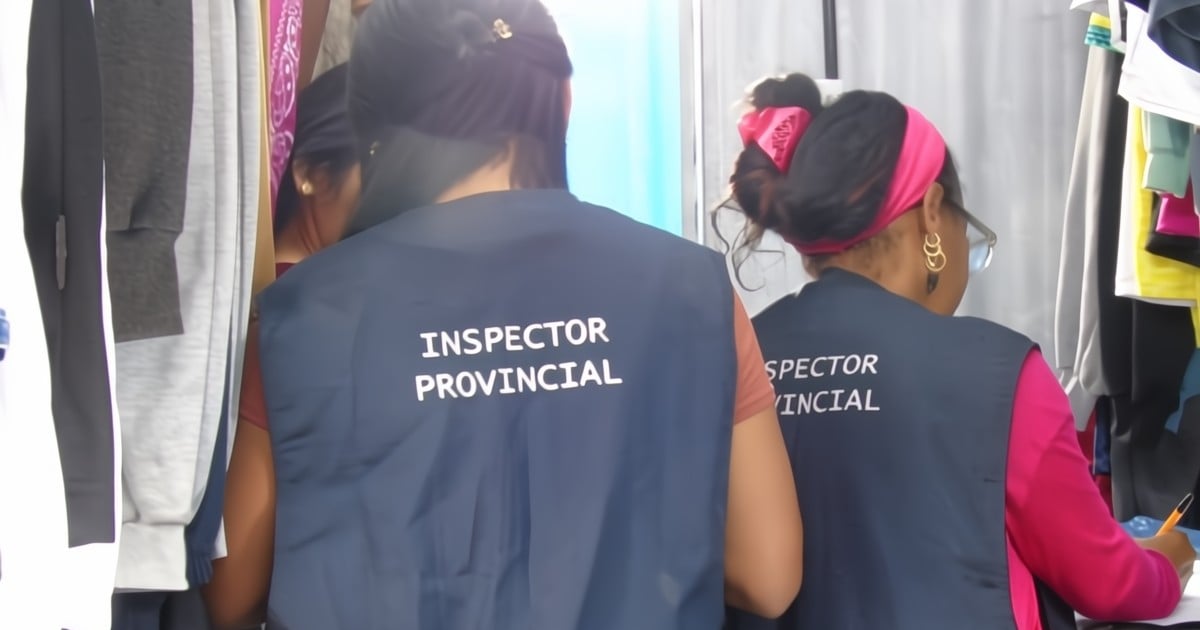The Cuban Ministry of Finance and Prices (MFP) recently conducted a significant operation aimed at tackling illegal activities. From December 2 to 7, the ministry carried out an extensive inspection exercise, resulting in over 508,000 inspections, predominantly targeting the private sector.
Minister of Finance and Prices, Vladimir Regueiro Ale, announced that so far, 680 businesses have been temporarily closed. These closures will remain in effect until the businesses rectify their violations and comply with established regulations. If compliance is not achieved, these closures may become permanent.
Regueiro Ale highlighted, "We have conducted 508,845 inspections to address pricing issues, uncovering a level of non-compliance that remains unresolved. The most common violations involve excessive pricing, inaccurate weighing, and the concealment of goods."
Economic Control Actions in Cuba
Throughout the year, Cuba has undertaken over 186,445 fiscal control actions, as reported by the MFP. These actions aim to correct economic distortions and revitalize the economy. To date, more than 313,000 fines have been issued, amounting to 814 million pesos.
"This effort has identified debts exceeding 4,300 million pesos, of which approximately 3,000 million pesos, or 68%, have been recovered in favor of the State Budget," Regueiro Ale stated.
In addition to these efforts, the MFP has managed over 216 million pesos in additional debts, indicating an improvement in the effectiveness of tax procedures.
According to Regueiro Ale, these control measures are not only intended to penalize violations but also to foster a better understanding of tax and economic responsibilities among the public.
Political Context and Leadership
This national exercise in preventing and combating crime, corruption, illegalities, and social misconduct was initiated by Cuban leader Miguel Díaz-Canel. It comes amidst scandals involving his stepson, Manuel Anido, and Sandro, the grandson of Fidel Castro, who reportedly lead lavish lifestyles funded by state resources.
Understanding Cuba's Anti-Corruption Efforts
What prompted the recent inspections in Cuba?
The inspections were part of a national exercise to prevent and address illegal activities, spearheaded by the Ministry of Finance and Prices to combat economic distortions and promote compliance with regulations.
How many businesses were affected by these inspections?
A total of 680 businesses have been temporarily closed as a result of the inspections, with potential for permanent closure if compliance is not met.
What were the common violations found during inspections?
The primary violations included excessive pricing, inaccuracies in weighing goods, and the concealment of merchandise.
